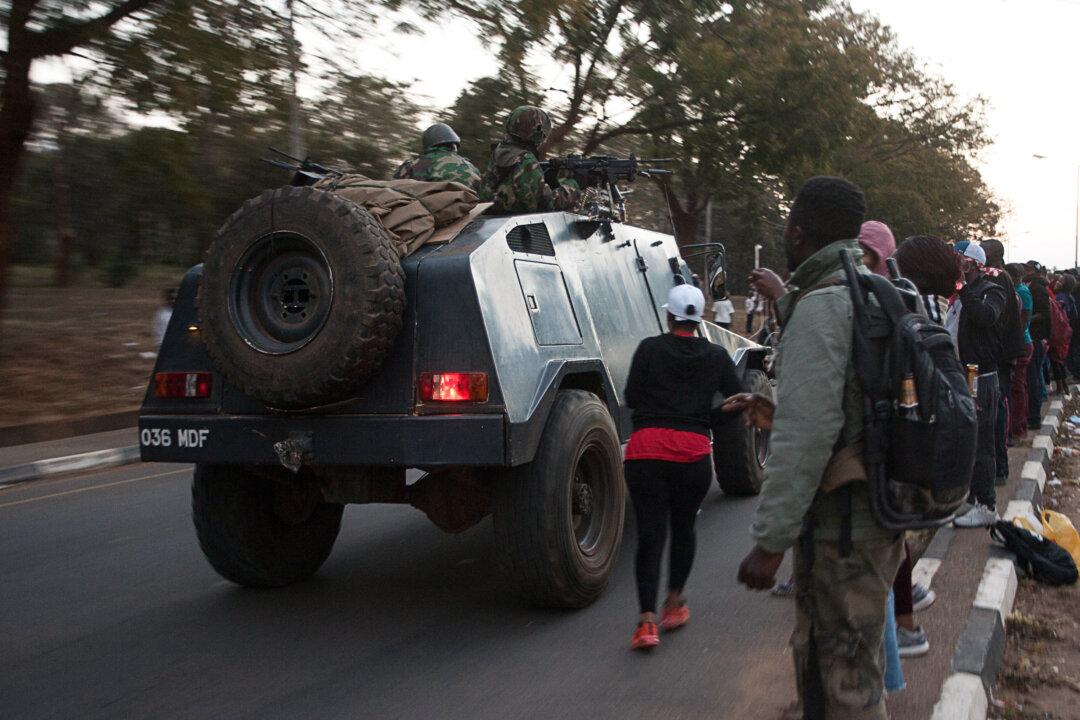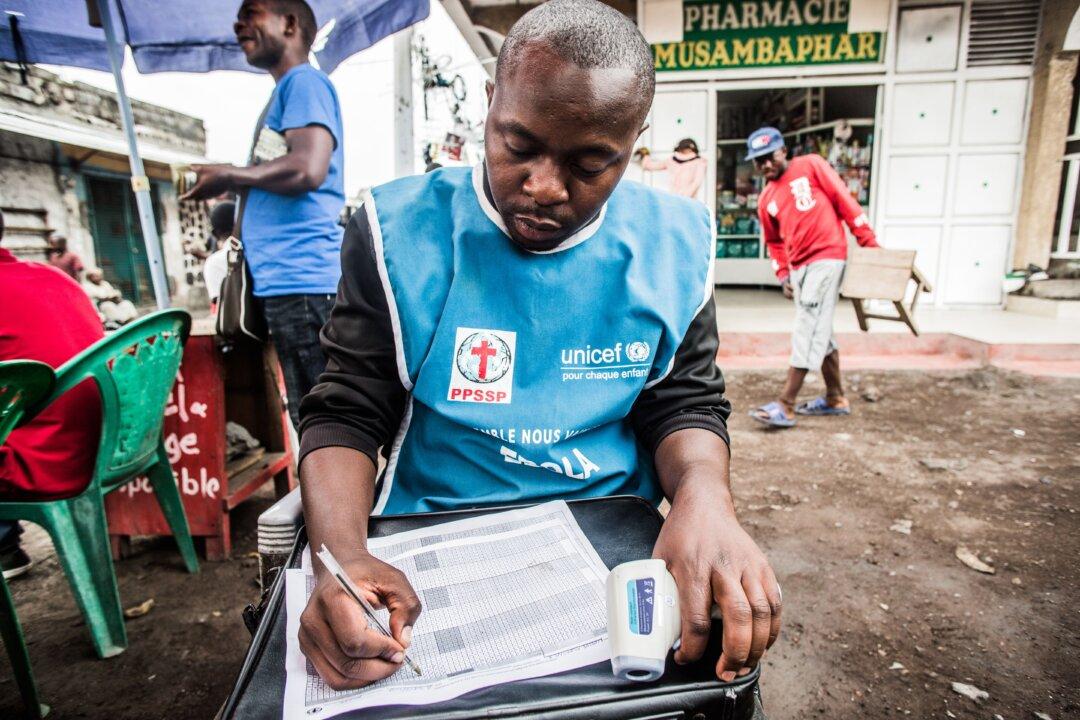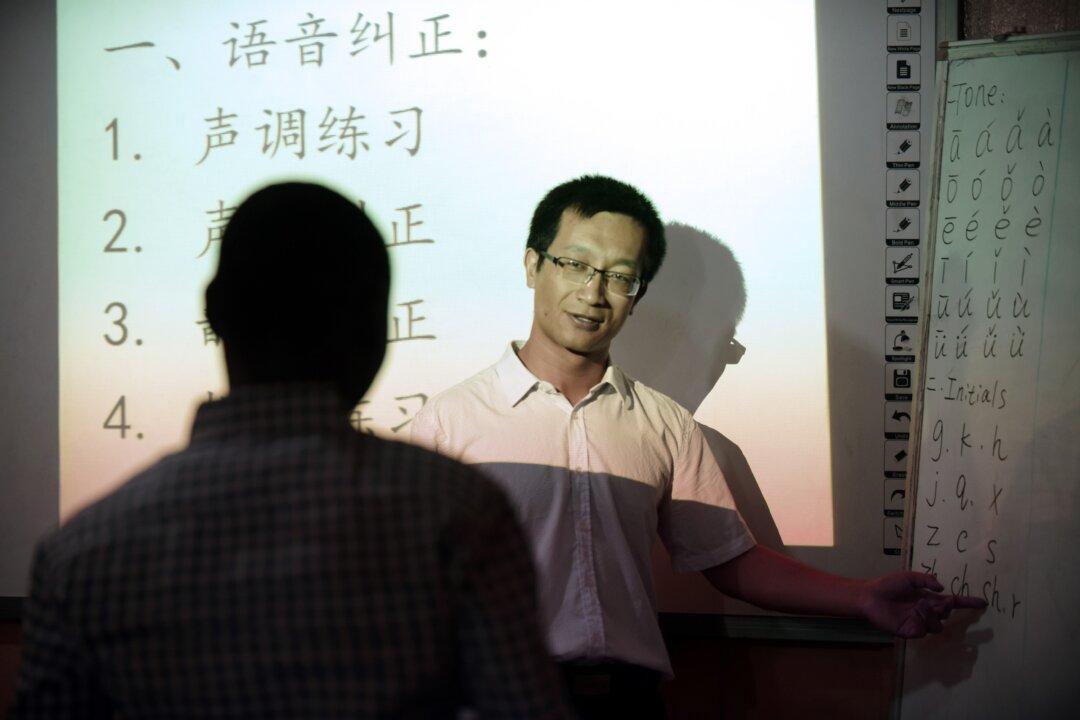BLANTYRE, Malawi—A court in Malawi blocked activists protesting the results of the presidential election, which took place earlier this year, from shutting down airports and the country’s land borders for five days.
The Malawi Supreme Court on Aug. 27 also banned the group from holding any protests for 14 days, during which time, they must meet with government officials to discuss alleged violence during protests that have affected the country for months.




